If you have a gas stove, you’re probably familiar with the occasional gas smell. This can be caused by several things, such as food burning on the stovetop or an oven that isn’t heating properly. While this smell is unpleasant, it’s also dangerous. A gas leak can cause an explosion, so it’s important to get rid of the smell as quickly as possible. This article will discuss the quick and easy way to get rid of gas smells in your kitchen!
Reasons Why You Can Feel Gas Smell in The Kitchen:
- Improperly fitted gas appliances: A stove, oven, or other gas appliance may not be properly sealed when it was installed. This can cause the smell of gas to enter the kitchen through small cracks in the seal;
- Pilot light problems: The pilot light is a small flame that remains lit inside an appliance and provides the spark to ignite your oven or stovetop when you turn it on. If this pilot light is not lit properly, then it can lead to a strong smell of gas in your kitchen;
- Defective valves: The valves on your stove, oven, or other gas appliances are responsible for controlling the flow of gas into these appliances. If any of these valves become worn out or otherwise damaged, then this could lead to gas leaking from the appliance and a strong smell in your kitchen;
- Gas line leaks: You may be able to detect a slight odor of gas coming from the area around your gas lines. If you notice a stronger smell of gas in your kitchen, then there’s a chance that one of these lines is leaking and releasing gas into the air. This should be addressed immediately as it can lead to dangerous levels of carbon monoxide in your home;
- Improper venting: A proper ventilation system is necessary for any appliance that uses natural gas or propane to operate safely and efficiently. If your stove or other appliance is not properly vented, then this could lead to the smell of gas entering your kitchen;
- Leaks in gas lines: Over time, small leaks can develop in your gas lines and cause a strong odor of gas to enter your kitchen. If you suspect that there may be a leak somewhere in or around your home, then it’s important to address this immediately as it could lead to dangerous levels of carbon monoxide in the air;
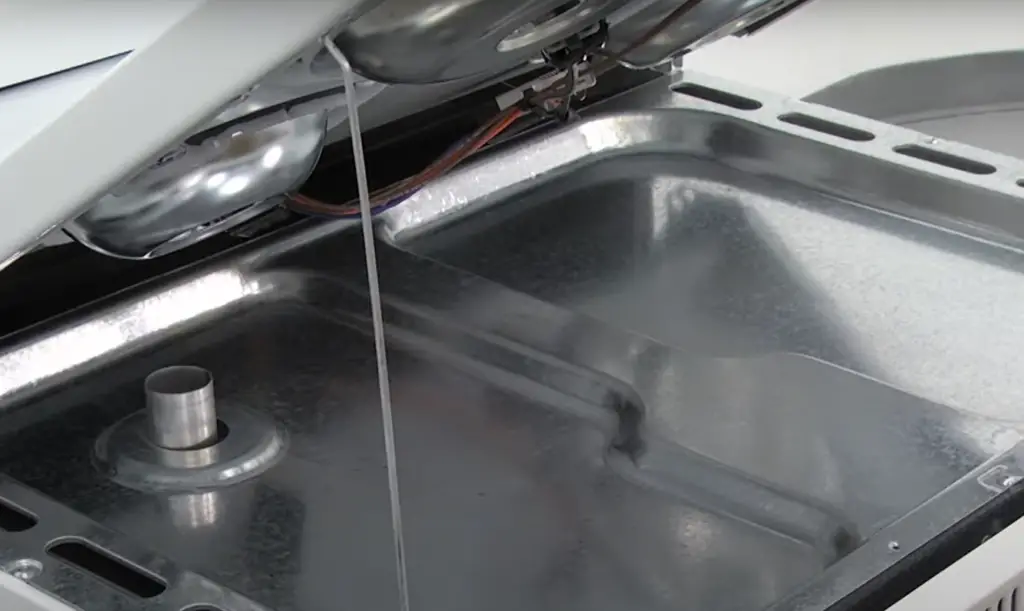
How Long Will It Take to Air the Kitchen Out?
How Long Does It Take For Propane to Dissipate?
It is important to remember that the time it takes for propane to dissipate depends on a variety of factors. For example, if you have several windows and vents open, it will generally take less time for the fumes to clear out than if you have poor ventilation in your kitchen. Additionally, larger spaces with higher ceilings can sometimes take longer for fumes to disperse compared to smaller areas with lower ceilings.
It is also important to note that propane has an odorant added to it so that people can detect its presence. Therefore, although the air may appear clean and clear, there might still be enough propane in the air for people to smell it. In this case, you should repeat the steps above to allow for more time for propane vapor levels to drop before entering the kitchen again.
In summary, if properly ventilated, most kitchens should take about 20 minutes or less for propane fumes to dissipate after turning off the gas valve. When in doubt, however, it’s best to err on the side of caution and contact your gas company or a professional to make sure it is safe before entering the kitchen again.
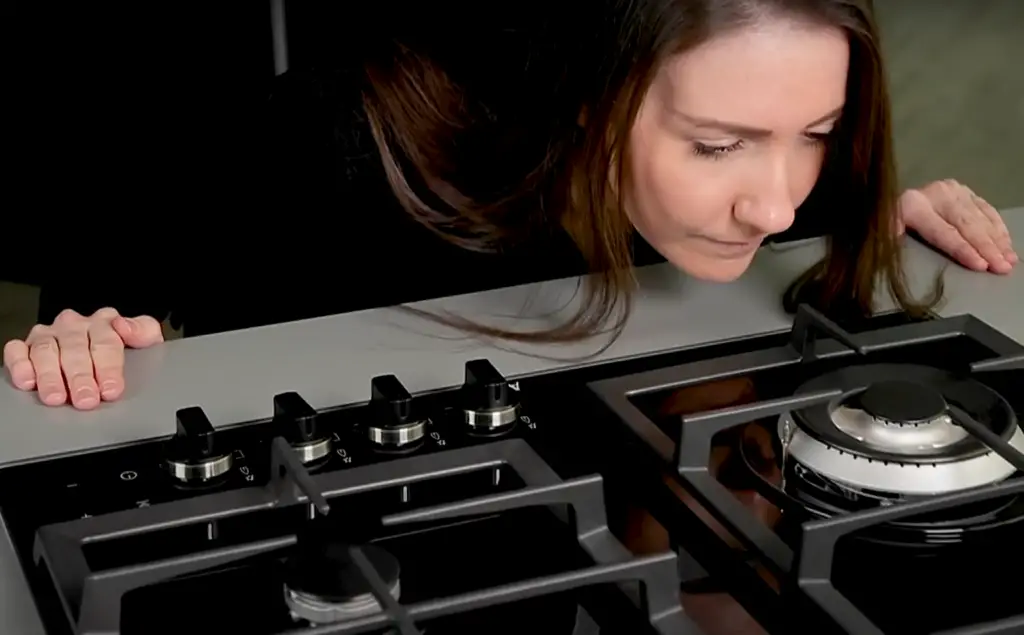
How Fast Does Natural Gas Dissipate?
Like propane, the time it takes for natural gas to dissipate depends on a variety of factors such as ventilation and the size of the space. Generally speaking, however, you should expect it to take at least 30 minutes for natural gas fumes to clear out after turning off the supply valve.
It is important to note that many homes are equipped with sensors that detect levels of natural gas in the air and can alert occupants when dangerous levels are reached. If you have one installed, follow its instructions and evacuate immediately instead of waiting for the fumes to dissipate. Additionally, if your home has an alarm system in place, make sure it is also up-to-date and functioning properly to alert users in emergencies.
In summary, it is important to remember that the time it takes for natural gas to dissipate depends on a variety of factors such as ventilation and the size of the space. As a general rule, however, you should expect it to take at least 30 minutes for natural gas fumes to clear after turning off the supply valve [1].
What to Do If You Accidentally Left a Gas Stove On Without the Flame?
Is There No Gas Smell? Then Simply Turn the Stove Off and Open the Windows
If you notice that you’ve left a gas stove on without the flame and there is no smell of gas, then turn off the stove. It is important to do this as soon as possible, since leaving the gas running can be dangerous.
Once you turn it off, open up some windows to allow fresh air into your home. This will help diminish any potential buildup of fumes and reduce your risk of having a carbon monoxide-related emergency.
Is There a Gas Smell? Then Evacuate Your Home Immediately
If you detect even faint traces of a gas odor, then immediately evacuate everyone from your home without delay. Don’t worry about bringing belongings or searching for pets; just get out. You can always come back later to grab whatever you need, but your health and safety should be your main priority at this point.
Once everyone is outside, call your local fire department’s non-emergency line or the gas company to report the issue. Be sure to let them know that you left a stove on without the flame and that there is a possible gas leak present. They will likely send someone with specialized equipment to investigate further and make sure that everything is safe before allowing anyone back inside.
Avoid Fire And Electricity Risks
Once the gas company arrives and assesses the situation, they may recommend that you turn off your electricity while they work. This is because any spark from an electrical appliance or light switch could potentially ignite flammable gasses in the air and create a dangerous explosion. In addition to turning off electricity, refrain from smoking or using open flames inside the house until it is declared safe for reentry. Doing so will help minimize your risk of fire-related injury or property damage.
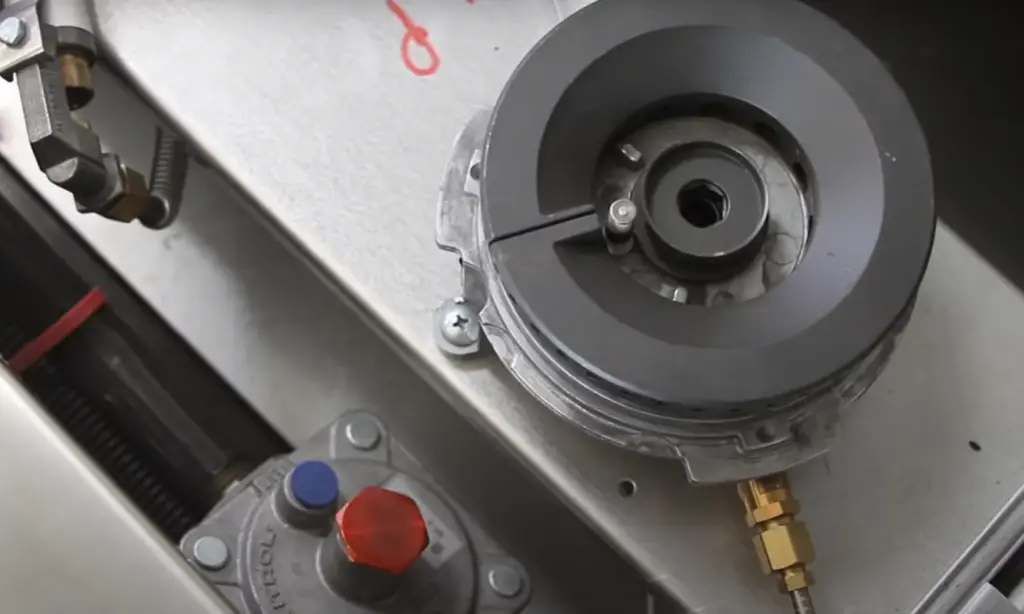
Call For Help If You Are Unclear About What To Do
If you are not sure how to proceed or do not feel comfortable handling the situation on your own, then don’t hesitate to call for help. A professional can come out and inspect the area to make sure that everything is safe before allowing anyone back inside. This can be especially helpful if you cannot determine whether or not there is a gas leak present or simply want an extra layer of protection.
Can You Sense the Smell Of Gas, But Nothing Is On?
If you smell a gas odor but nothing is burning on the stove, this could indicate that there is an issue with your stove or plumbing. You should shut off the gas supply to your home and evacuate everyone immediately. Once outside, call your local fire department’s non-emergency line or the gas company for assistance. In some cases, the smell of natural gas can be caused by a malfunctioning appliance or damaged pipe elsewhere in your house. A professional will be able to determine the cause and make necessary repairs before allowing anyone back inside.
Remember Of Precautions
It is important to remember that gas stove safety involves more than just turning off the flame. If you accidentally leave a gas stove on without the flame, then always open some windows and evacuate your home if you detect even faint traces of a gas odor. Be sure to call for professional assistance if necessary to ensure that everyone remains safe. Taking these precautions can help reduce your risk of fire-related accidents or carbon monoxide poisoning [2].
Symptoms Of the Gas Poisoning
The symptoms of gas poisoning can range from mild to severe depending on the type of gas, how much was inhaled, and the length of time exposed. Common signs and symptoms can include:
- Headache;
- Nausea;
- Fatigue or dizziness;
- Confusion or difficulty concentrating;
- Irritation to skin, eyes, nose, and throat;
- Difficulty breathing;
- Chest pain or tightness in the chest;
- Loss of consciousness;
In some cases, exposure to certain gasses can also irritate the lungs leading to shortness of breath and coughing. In extreme cases, it could result in long-term health effects such as lung damage or even death. It is important to seek medical attention immediately if you think you may have been exposed to any type of gas [3].
Diagnosing Gas Poisoning
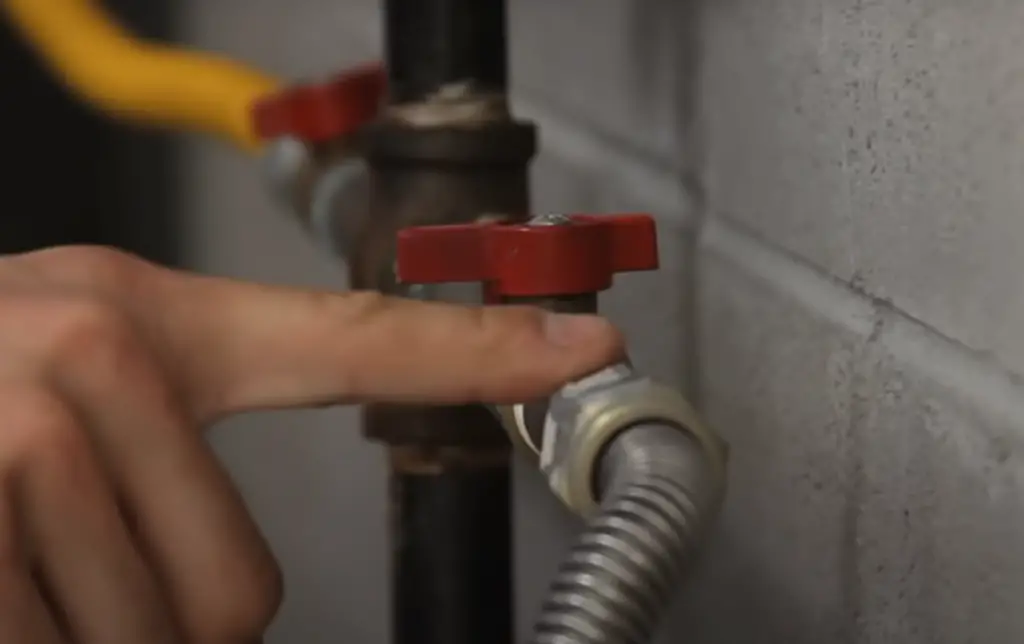
Preventing Gas Poisoning
The best way to prevent gas poisoning is by avoiding contact with any hazardous gasses or environments where these gasses may be present. If you must work in an area where there are airborne toxins, it is important to wear a respirator and other protective gear. In addition, homeowners should have their heating systems inspected regularly for possible leaks or damage that could lead to carbon monoxide exposure.
It is also important to make sure that your home has working smoke and carbon monoxide detectors installed on each level of the house. Finally, it is essential to stay informed about air quality alerts and other potential hazards in your area so that you can take precautions as needed.
How to Treat Gas Poisoning?
If you or someone you know is exposed to gas poisoning, it’s important to take immediate action. First and foremost, move the person away from the source of fumes and into fresh air as quickly as possible. If the person is experiencing any symptoms, call 911 for emergency medical assistance. In some cases, further treatment may be necessary depending on the type of gas poisoning and its severity.
Inhaled gasses should be treated in a similar way to the inhalation of smoke from a fire; oxygen therapy can help replenish depleted oxygen levels and reduce fluid buildup in the lungs. Gasses that have been ingested or absorbed through the skin may require medical attention such as decontamination, antidote injections, or intravenous fluids given in a hospital setting. In some cases, doctors may opt to use activated charcoal or other medications that can help absorb the toxins in the body before they can cause any harm.
Finally, it’s important to be aware of potential gas poisoning sources in your home and workplace. Make sure you are using proper ventilation when working with any type of hazardous substances and always read safety labels carefully. It is also wise to keep an emergency kit on hand with masks, gloves, and other protective gear in case of accidental inhalation or skin contact with dangerous gasses. Taking these steps can help prevent serious health risks associated with gas poisoning [4].
Airing Out Your Kitchen After a Gas Smell: Recommended Time and Considerations
When you detect a gas smell in your kitchen, it’s essential to know how long to air out the space. Below is a detailed comparison of the recommended time and considerations for airing out your kitchen after a gas smell is detected.
| Aspect | Airing Out Kitchen | Considerations | Recommendations |
|---|---|---|---|
| Safety | Airing out the kitchen is a crucial safety measure to disperse any potential gas leak. It helps to prevent gas buildup, which can be dangerous. | If you smell gas, prioritize safety. Turn off the gas source if possible, open windows and doors, and evacuate the area. Do not use electrical switches, appliances, or flames. | Evacuate immediately if you suspect a gas leak. Call your gas utility company or emergency services to report the issue and follow their instructions. |
| Duration | The duration of airing out the kitchen depends on the strength of the gas smell and how quickly it dissipates. It can range from a few minutes to several hours. | Stay outside until the gas smell has dissipated. Avoid re-entering the kitchen until it’s safe. Use your sense of smell as a guide, as well as gas detectors if available. | Wait until the gas odor is completely gone before re-entering the kitchen. This ensures that any potential gas leak has been safely dispersed. |
| Additional Steps | In addition to airing out, it’s important to identify and address the source of the gas smell. Check for gas leaks, faulty appliances, or pilot lights that may be causing the issue. | While airing out is essential, it’s equally important to identify and address the root cause of the gas smell to prevent future occurrences. | If you suspect a gas leak or appliance malfunction, contact a qualified technician to inspect and repair the issue before using gas appliances again. |
Explanation of the table:
This table provides a detailed comparison of how to handle a gas smell in your kitchen, addressing aspects such as safety, duration, and additional steps. Airing out the kitchen is a critical safety measure when gas is detected, but it’s equally important to address the source of the issue and ensure the safety of your home.
FAQ
How long does it take for a gas smell to leave?
The amount of time it takes for a gas smell to leave will depend on a variety of factors, including how much gas has been released, the size and type of area where it is located, and the ventilation in the area. Generally speaking, however, it can take anywhere from several hours up to several days for a gas smell to dissipate completely. Additionally, some sources may recommend using air purifiers or fans to further help circulate fresh outdoor air into the affected area. To be safe, any leaks must be corrected before trying to remove odors.
What should you do if you smell gas in a kitchen?
If you smell gas in your kitchen, the first thing you should do is leave the area immediately and call your local emergency services. Before leaving, make sure to turn off any pilot lights or stoves that may be burning to prevent a potential fire. It is also important not to operate any electrical appliances or light switches while near the leak as they can create sparks that can ignite the leaking gas. Once outside, contact your propane supplier or utility company and explain what happened, and request their assistance with finding and repairing the source of the leak.
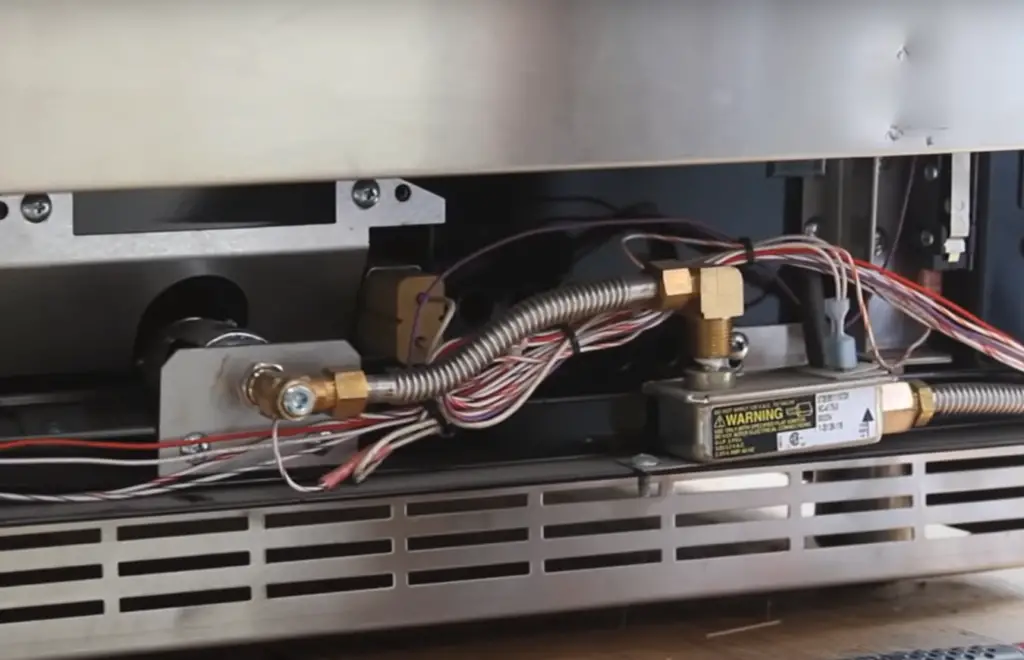
What are some tips for preventing gas leaks?
Additionally, it is important to keep an eye out for any unusual smells in the area and contact a professional if anything seems off. Establishing good safety protocols can also help reduce the likelihood of gas leaks, such as making sure all gas-powered equipment is turned off when not in use and keeping combustible materials away from potential sources of ignition. By taking these steps, you can help ensure that your home is safe from the dangers of gas leaks.
What to do if the gas stove has been left on?
If you discover that the gas stove has been left on, the first step is to turn off the burner and ensure all pilot lights are extinguished. If possible, open any windows or doors in the room to help ventilate it. You should then contact your local propane supplier or utility company immediately to find and correct the source of the leak. Depending on how much gas had leaked out into your home, you may need to evacuate until professionals have tested for safe levels before returning and using any gas appliances again.
In addition, make sure to inspect both your stove and any other connected piping for signs of damage or corrosion before trying to use it again. Always practice caution when dealing with anything related to natural gasses and never attempt to repair a gas line on your own. Seek professional help when needed.
What’s the price for fixing a gas leak?
The cost to repair a gas leak will vary depending on the size and location of the leak, as well as any additional components that may need to be replaced. Generally speaking, typical repair costs can range anywhere from several hundred dollars up to several thousand dollars. It is important to note that some utility companies or propane suppliers may offer rebates or discounts for customers who require emergency repairs due to a gas leak. Additionally, make sure to always hire a licensed professional when repairing gas lines to ensure safety protocols are followed and proper repairs are made.
What are the symptoms of long-term exposure to carbon monoxide?
The symptoms of long-term exposure to carbon monoxide may include nausea, headaches, dizziness, confusion, and fatigue. In severe cases, it can lead to tingling of the limbs known as carpopedal spasm, or even coma and death. Infants, elderly people, and those with respiratory conditions are particularly vulnerable to the effects of carbon monoxide poisoning.
It is important to note that these symptoms can be similar to those caused by other illnesses or issues such as food poisoning, which is why it is important to always be aware of any potential sources of carbon monoxide in your home. If you suspect that you have been exposed to a high level of carbon monoxide for an extended period, seek medical attention immediately.
How long does it take to recover from gas poisoning?
The length of recovery time from gas poisoning will vary depending on the severity and type of exposure. Generally speaking, most people who have been exposed to lower levels of carbon monoxide can recover within a few hours after receiving medical attention. However, those who have been exposed to higher concentrations may require more intensive treatment including oxygen therapy and hospitalization to fully recover.
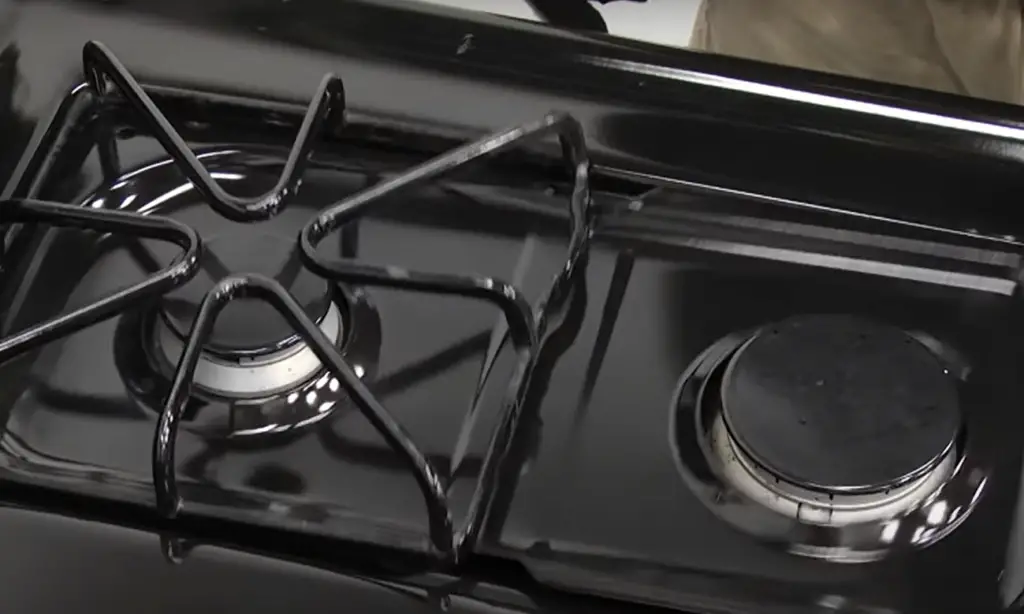
It is important to note that long-term health effects are also possible with high levels of exposure, so it is imperative to seek professional help even if symptoms seem mild or manageable. In addition, it is important for those suffering from gas poisoning to avoid any contact with potential sources of carbon monoxide until their doctor has determined that they are ready for such exposure again.
Can fumes from a gas stove make you sick?
Yes, fumes from a gas stove can make you sick if inhaled in large quantities. Carbon monoxide is a colorless and odorless gas that is produced when fuel such as propane or natural gas is not burning properly. Inhaling too much of it can cause carbon monoxide poisoning, which can lead to dizziness, headaches, confusion, nausea, and even death. Additionally, some people may be more sensitive to the effects of carbon monoxide than others due to age (i.e. infants or elderly) and pre-existing respiratory conditions. For this reason, it is important to always keep an eye on any potential sources of carbon monoxide in your home including your gas stove, and contact a professional immediately if you suspect a problem.
Is it safe to stay in the kitchen when there’s a gas smell?
If you detect a gas smell in your kitchen, it’s not safe to stay in the area. Immediately evacuate the premises and call the gas company or emergency services.
What are the immediate steps to take if you smell gas in your kitchen?
If you smell gas in your kitchen, take immediate action. Open windows and doors, leave the area, and do not use any electrical appliances, including lights or phones. Call your gas company or emergency services right away.
How can I detect a gas leak in my kitchen if I can’t smell it?
Sometimes, you may not be able to smell a gas leak due to certain factors. In such cases, consider using a gas detector or gas leak detection solution to ensure safety. These devices can detect even low levels of gas leaks that might be otherwise undetectable by your sense of smell.
Can I use a fan to speed up the process of airing out the kitchen after a gas smell?
Using a fan to ventilate your kitchen after a gas smell can help expedite the process. Make sure you open windows and doors as well to allow fresh air to circulate and effectively remove any lingering gas fumes.
Are there any long-term health effects from a one-time gas smell in the kitchen?
Experiencing a gas smell in your kitchen once and promptly addressing it is unlikely to lead to long-term health effects. However, it’s crucial to ensure that the issue is resolved, and there are no further gas leaks to prevent any potential health risks.
Useful Video: 7 Things To Do If You Smell Gas
Conclusion
If you feel gas-smelling in your kitchen, or have been hearing popping and hissing sounds coming from the gas stove, it is important to recognize these signs of danger and get your gas stove checked for any issues. Especially if you are dealing with a leaky gas stove, you should never attempt to fix the problem yourself as this could be extremely dangerous. It is best to contact a professional who can troubleshoot the issue and make necessary repairs. It is also important to let the gas out of the room and make sure it is well-ventilated before dealing with any gas-related issues. With proper safety precautions and knowledge, you can ensure that your gas stove is running safely in your home.
References:
- https://beezzly.com/how-long-to-air-out-a-house-after-a-gas-leak
- https://homeoomph.com/left-gas-stove-on-without-flame/
- https://www.healthline.com/health/gasoline#symptoms-of-gasoline-poisoning
- https://www.webmd.com/first-aid/carbon-monoxide-poisoning-treatment

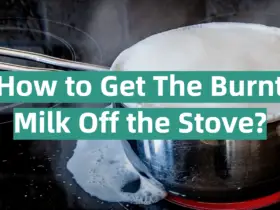



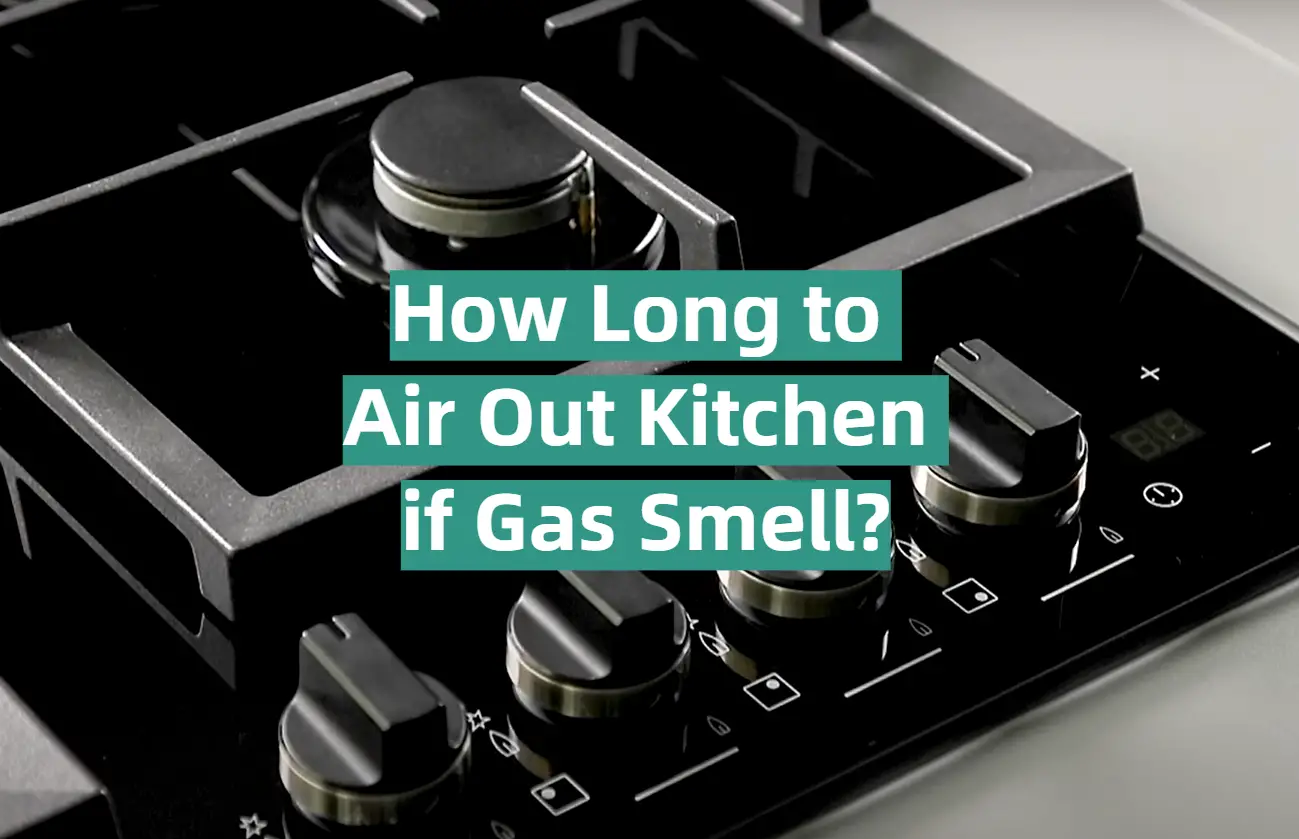








Leave a Reply